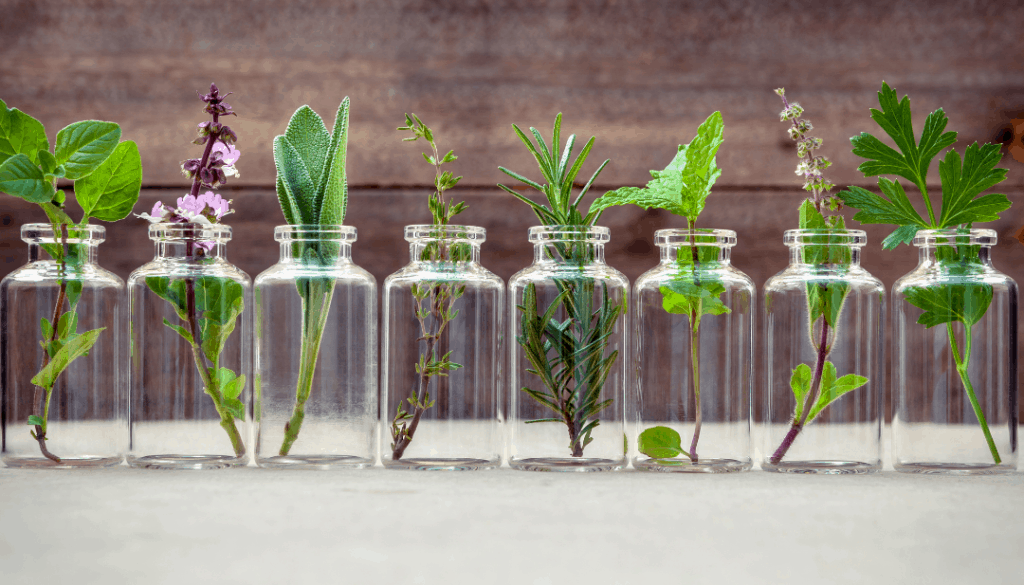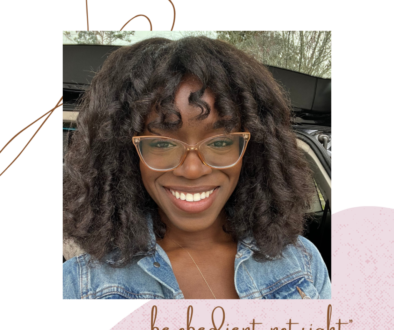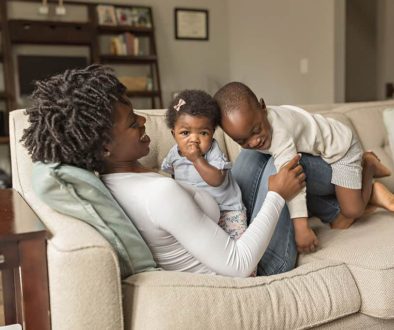Essential Oils
I had the pleasure of chatting with owner of Fly Honey Oils, Bri Hart, about all things essential oils. She shared some great information and tips about essential oils while I shared some commonly overlooked details regarding natural products (read: I got on my pharmacist soapbox). Please note that this discussion regarding the use of essential oils is for educational purposes and is not intended to take the place of diagnosis or collaboration for treatment with your primary care provider.
A big fact that I must state up front as a responsible clinical pharmacist: essential oils are not regulated by the Food and Drug Administration (FDA). What does that mean? Manufacturers are not required to provide safety and efficacy data. They can manufacture, advertise, and sell their products to the consumer without going through any regulatory body. What does the FDA do? The FDA evaluates the benefit to risk ratio for the intended use of the product. For example, prescription medications are FDA-approved with a few exceptions. Even in the case where a medication or vaccine is in desperate need to the public (clinical breakthroughs for say a pandemic), the manufacturer applies for a fast track FDA review.
Clinical Pearl: Discuss exactly HOW you would like to use essential oils with your PCP (diffusion, topically, orally). Their response may differ depending on how you would like to use it.
Now let’s get into the details of my interview with owner of Fly Honey Oils:
Q: How do you know if you’re buying a quality product?
A: Purchase from a reputable source, such as Whole Foods, Sprouts, Trader Joe’s. Avoid purchasing from stores that purchase overstocked items. Look at the ingredients. The essential oil should be the only ingredient listed, which may be listed as the common name and the botanical name. *If it is a precious oil, it may be be sold in a carrier oil.
Q: What is the biggest myth you’ve heard about essential oils?
A: That they cure everything. Essential oils are not meant to cure your clinical diagnoses! They may be used as a complimentary tool with the approval of your provider, and a goal of Fly Honey Oils is to educate women of color about the other types of essential oils besides lavender and lemongrass.
Q: I love diffusing essential oils. What else can be done with them?
A: Besides essential oil diffusion, I enjoy dropping into a bath for a soak, dropping into apple cider vinegar as a cleaning product, and dropping into vodka to create my own room and linen spray. (My excited reactions were removed… She’s a chemist too!)
Q: Besides discussing with your PCP first, what other precautions should one take when beginning to work with essential oils?
A: Do not apply essential oils directly to skin. They should be in a carrier oil/liquid. Also, do a patch test to see how you react or if you have any adverse response.
During my preparation for this interview, I came across a very interesting article regarding the possible hormonal effects of lavender and tea tree oil in young boys. I discussed this during my interview. Comment below if you would like to hear my thoughts on it. Let me leave you with these points: natural does not equal safe. It is important to collaborate with your medical provider, research products, and read labels to ensure that you safely use essential oils for yourself and the people and pets with you.




